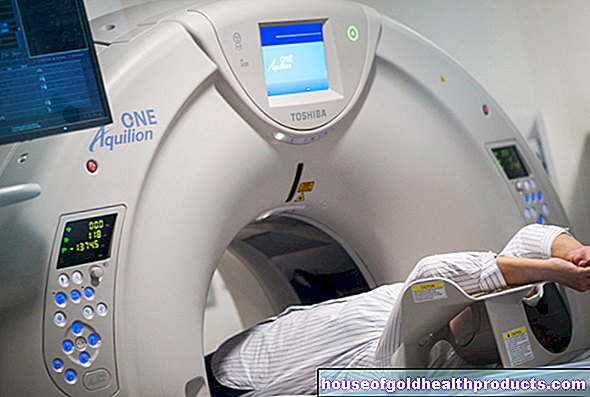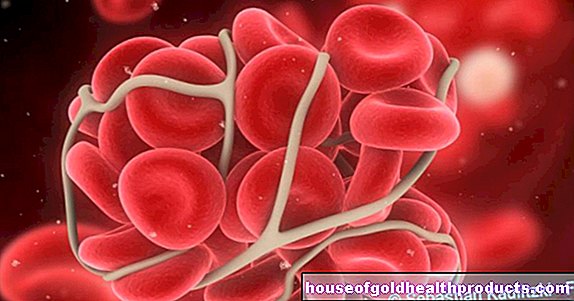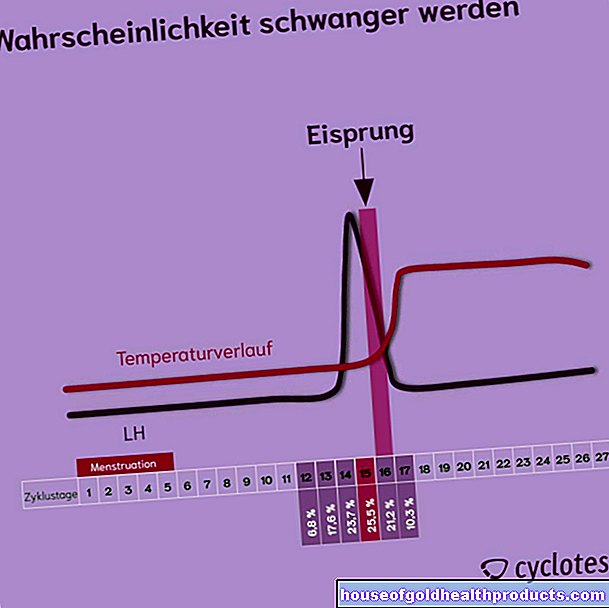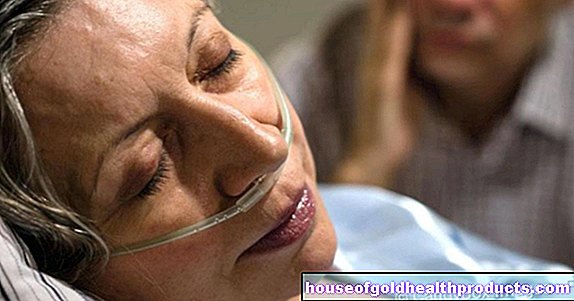Anorexia: Rescuing Compulsive Therapy
All content is checked by medical journalists.MunichIn the case of anorexia, forced admission is always the last resort to avert a life-threatening condition. Fortunately, the concern that involuntary therapy is less successful than treating patients who go to the clinic of their own accord seems unfounded.
That is not a matter of course: For the success of the therapy, the cooperation of anorectic patients is crucial. But that is exactly what is lacking in anorexia. On the one hand, because a distorted body image leads the patient to believe that they are chubby, even though they are actually completely emaciated. On the other hand, because the fear of weight gain and loss of control is extremely pronounced in them.
Reluctant therapy
Scientists working with Prof. Yael Latzar from the University of Haifa have investigated whether the inpatient treatment of patients who have been forcibly admitted to a clinic is less successful than that of anorexic people who have voluntarily opted for inpatient therapy.
To do this, they examined the therapeutic success of around 79 anorexia patients who had been treated as inpatients. 28 of them were in the clinic against their will, 51 had come voluntarily. Both groups were comparable in terms of their BMI and overall physical condition.
The study showed that patients in both groups responded equally well to therapy. Their eating behavior normalized to a comparable extent, and the patients gained weight to a similar extent. In addition, both groups reduced the feelings of shame and guilt typical of the disease and continued to take part in therapeutic programs after they were discharged. In particular, however, the mortality was the same in both groups.
Increasing awareness of the disease
"The study confirms that patients' refusal to seek help and their insight into the disease can change during treatment," explains study leader Latzer. Although compulsory treatment is initially difficult for the patients, their relatives and the therapeutic staff, the measure is sometimes necessary to save the patient's life. People with extreme anorexia suffer from a severe mental disorder that undermines their judgment and prevents them from realizing the seriousness of their condition. "It is our duty, if necessary, to force the patient into therapy until they have regained their judgment," says Latzer.
In Germany, too, anorectic patients can only be admitted to inpatient treatment against their will on the basis of a court order. However, this is only the case when there is an acute danger to life. Otherwise, the patient's free will has priority.
Life threatening illness
According to representative surveys, 1.1 percent of women and 0.3 percent of men in Germany are anorexic. The disease mainly affects young girls and women between the ages of 14 and 24. Anorexia is often underestimated. Every tenth affected person dies from the consequences - the patient succumbs to infections, dies of heart failure or commits suicide. (cf)
Source: University of Haifa: Involuntary hospitalization of patients with anorexia nervosa in extreme situations can save their lives
Tags: fitness toadstool poison plants news


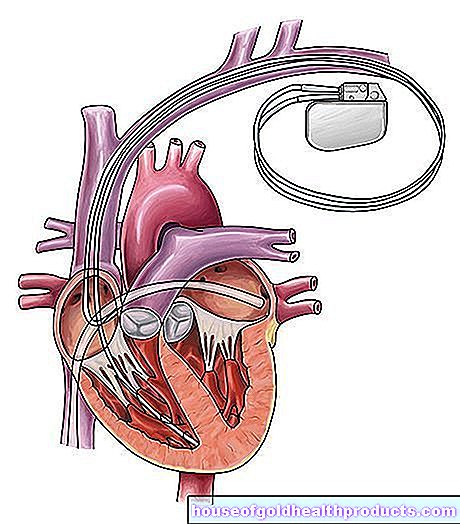





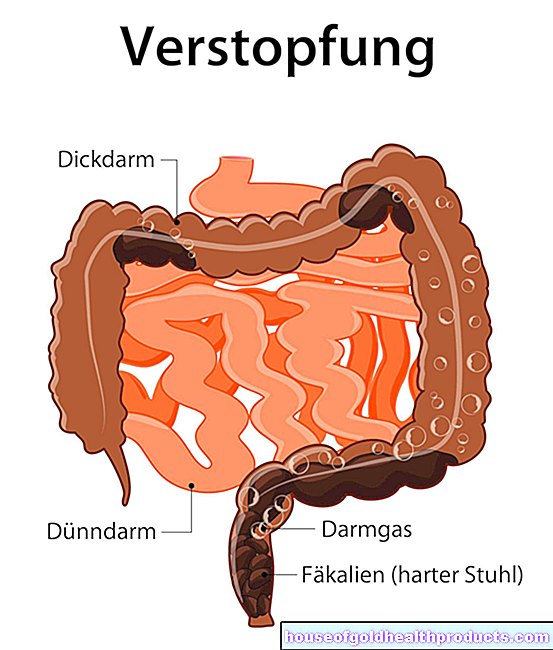




.jpg)



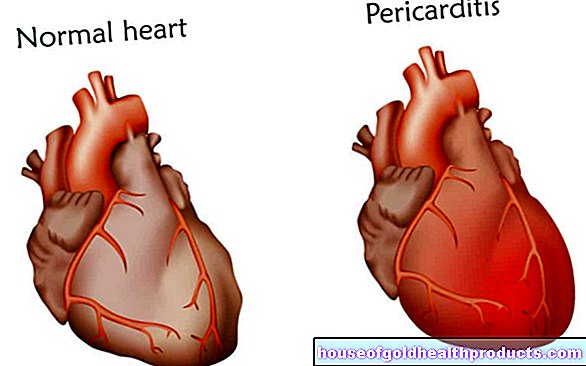

.jpg)
